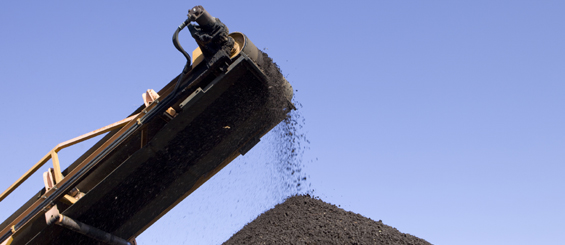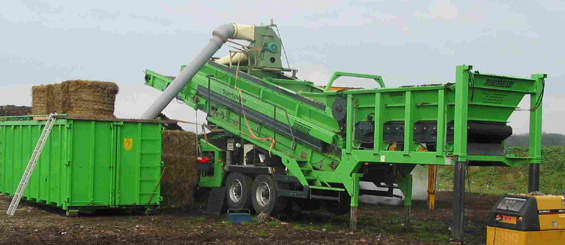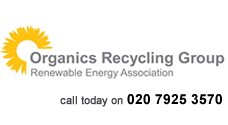AfOR's message to local authorities regarding paper and cardboard
In response to AfOR's and the industry's concerns over the composting of paper and cardboard, some Local Authorities have taken the decision to remove
all types of paper and cardboard wastes from the biowaste collection. The issues associated with non-compostable types of paper and cardboard
1 when these are co-mingled with organic wastes (either garden wastes only, or garden and food wastes) are explained in detail
HERE.
According to WRAP, 57 Local Authorities in the UK are currently operating organic kerbside collection schemes including card, but it is likely that this number will drop significantly over the next months.
Important drivers for the Local Authorities' decision not to collect paper and card alongside organic wastes are the following:
-
as a result of the revised WFD, in future Local Authorities will not be able to count the amounts of waste materials sent to composting towards their recycling performances, unless the resulting compost complies with PAS 100 Specification; and
-
AfOR understands the choice made by these Local Authorities to remove all forms of paper and cardboard from the organic waste collections, even though there are some types that can be composted2. In practice, when Local Authorities allow compostable types of paper and card to be put in the organic waste bin, it is very likely that also other undesirable paper and card types (untargeted material) will end up in the bin and arrive at the composting plant. As a result, the compost produced may contain fragments of plastics and other undesirable materials.
Communicating reasons for change to the householders
Some local authorities that have instructed removal of all paper and cardboard types from the organic collections have been telling the householders via letter, leaflets or their web sites, that âÂÂthis is because of a change in regulations' or a âÂÂchange in AfOR's standards'.
AfOR understands that it is difficult to communicate such a change in collection regime to the householders in a way that does not cause a negative reaction. However AfOR would like to highlight that it is important that the information provided to the householders is accurate.
There has not been a change in regulations. The Government's policies relevant to recycling biowaste encourage local authorities to collect organic wastes that can be converted into high quality composts meeting the British Standards Institution's Publicly Available Specification for composted materials (PAS 100). What has changed is PAS 100's upper limits for physical contaminants and plastics in compost, which have been made more stringent. These changes have been driven by demands from markets for high quality composts.
Users of compost want to be confident that the compost they use will not damage the environment, animals and our food supply chain; they want reassurance that it is safe and beneficial to use. Consequently, it is important that compost does not contain any more pieces of physical contaminant and plastic than PAS 100 allows, or preferably none at all. A simper version of this message needs to be communicated to the householders if the local authority decides to remove all or only the non-compostable types of paper and cardboard from the organics collection.
A layman's version of the message above is:
To help us turn the waste collected in your organic waste bin into high quality compost, please do not put in any paper and cardboard (see the âÂÂNo thanks' section of this leaflet for more details). Compost needs to be high quality so that it is safe and beneficial to use.
OR
To help us turn the waste collected in your organic waste bin into high quality compost, please only put in the waste types described in the âÂÂYes please' section of this leaflet. Compost needs to be high quality so that it is safe and beneficial to use.
The last point that AfOR seeks to clarify is that PAS 100 is not AfOR's standard; it is a specification published by BSI after consultation with the composting industry and other stakeholders such as compost users, retailers, growing media manufacturers, and food and food assurance schemes (for example, the
Red Tractor).
Sources of information for householders and local authorities
AfOR would like to point local authorities to the newly developed section of AfOR's web site related to organic waste collections. In particular, there is a
section targeting householders3 that could be referred to in local authority communications. In addition, there is
a section that is targeted at local authorities4 that contains more technical information about issues associated with paper and cardboard and other information relevant to organic waste collections.
In additon, to help Local Authorities to communicate the reason for this change to the householders, WRAP, in conjunction with AfOR, has been developing a âÂÂchange of service' leaflet, which will clearly convey to the householders the service details and why the service is changing.
The leaflet will be available from
http://www.recyclenow.com/ as an electronic template that can be edited and printed by each Local Authority based on their local collection schemes.
The leaflet will highlight to the householders that âÂÂremoving cardboard ensures that garden waste can be turned into compost for a variety of uses, helping the environment'. Most importantly, the leaflet will explain to the householders what they should do with their paper and card wastes. It is likely that the leaflet will be launched in February next year.
Last update: 15/12/2011
1 Examples of these types of paper and card are printed paper and card, Tetra Pak, catalogues and magazines, detergent boxes, foil coated or glossy paper, milk / juice cartons, cereal boxes, washing powder boxes, take-out containers, frozen food containers, and plastic- or foil-lined paper bags.
2 Examples are: paper products, such as tissues, paper napkins and paper towels, toilet roll and kitchen roll tubes, egg boxes with non-compostable labels removed, and brown/plain corrugated cardboard.
3 organics-recycling.org.uk/consumer-guidance
4 organics-recycling.org.uk/Local-Authority-guidance
| page rated |
|
- add your vote : 1 2 3 4 5 out of 5 |
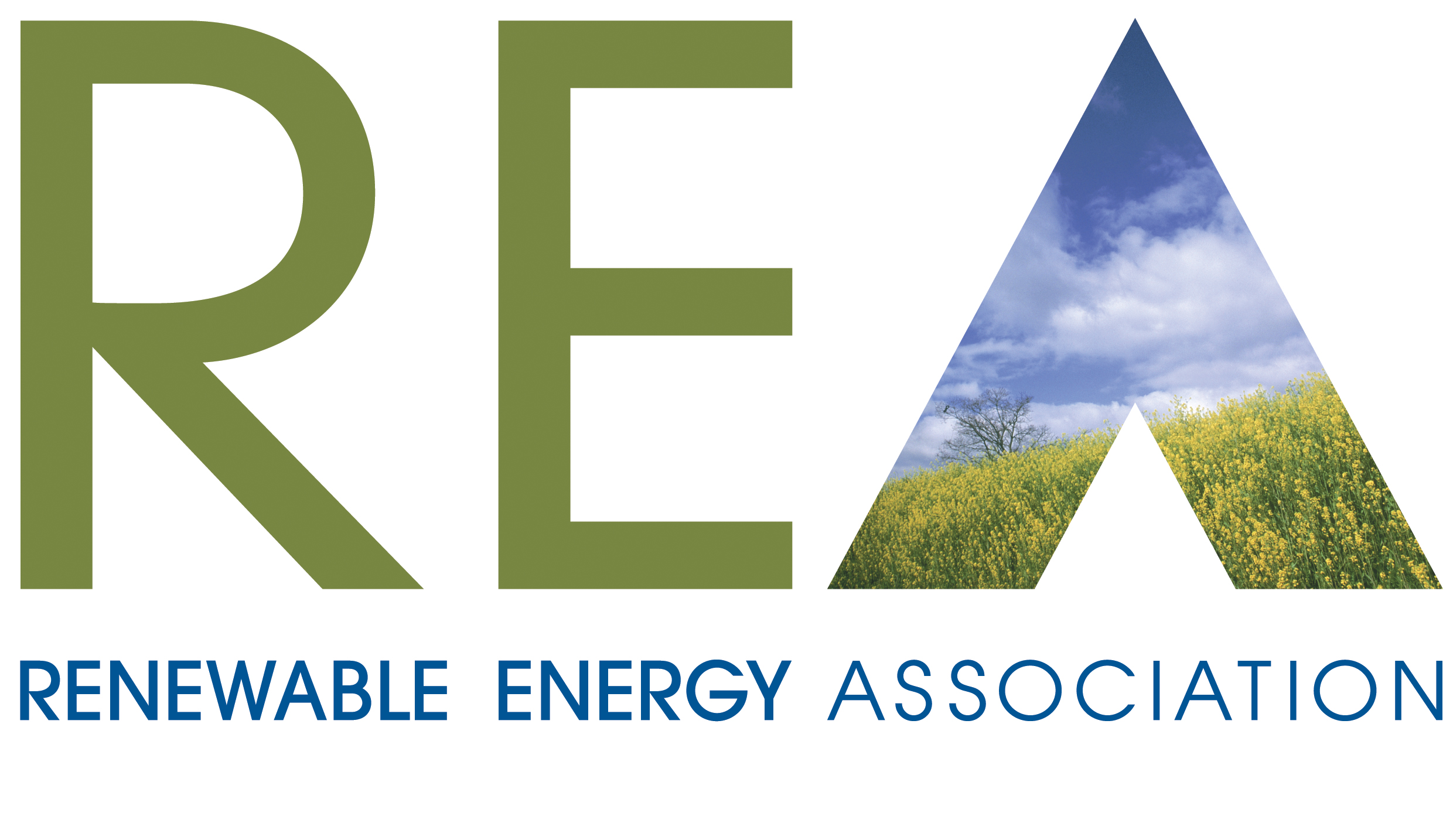



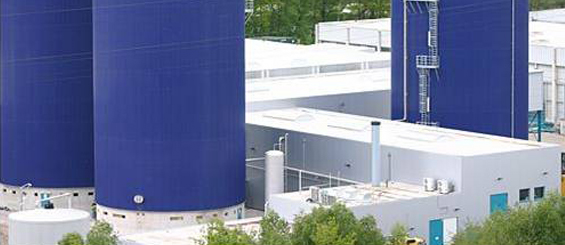
.jpg)
